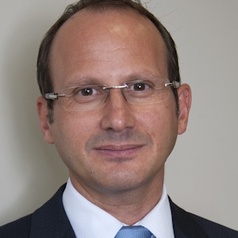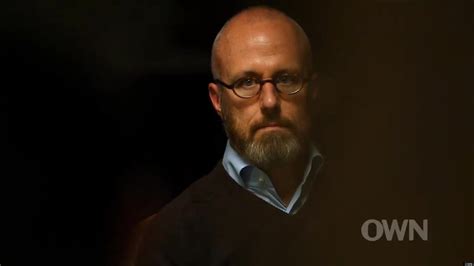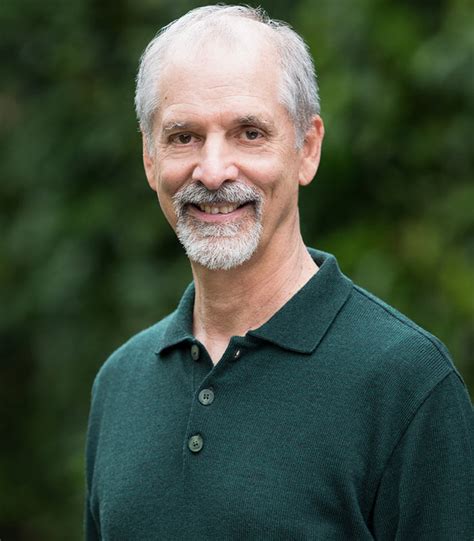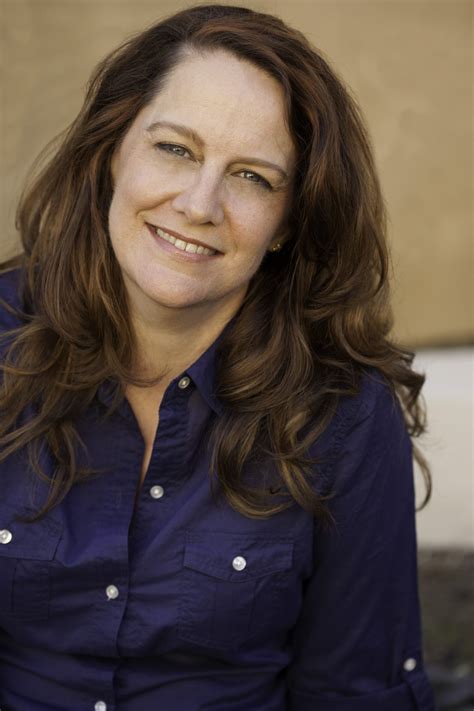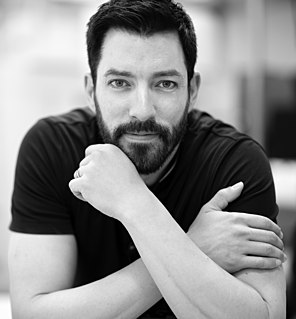A Quote by Irvin D. Yalom
Therapists need to have a long experience in personal therapy to see what it's like to be on the other side of the couch and see what they find helpful or not helpful. And if possible, get into therapy at different stages of their life with different kinds of therapists just to sample a bit.
Related Quotes
Now on to reparative therapy, I think counseling is a wonderful tool for anybody regardless of what struggle they bring to the table. I think we can all use a little bit of counseling on planet earth today. But when it comes to reparative therapy, the reason we have distanced ourselves from it is because some of the things that they employ and some of the messages that I've heard from reparative therapists with regards to what someone can expect once they get through that type of therapy.
I studied Sanskrit for many years, and I've got all the coursework for my Ph.D. And a lot of what's going on in American Yoga is just made-up stuff. Smart people, even good people, Western therapists, Yoga therapists and other things, Western healthcare practitioners who love Asana and say, "Let's make up yoga therapy."
I have known know many therapists who come out of Pacifica Graduate Institute and love being both artists and therapists at the same time, like Maureen Murdock. They are photographers and dancers and other kinds of things and therapists at the same time. I think it really makes them a much more interesting therapist because they're so engaged with the imagination and the creativity and the depths of who they are.
If a therapist is feeling insecure in therapy, a lot of therapists will try to sort of push that aside to try to do the therapy. Instead, we would ask people to get with that feeling of insecurity, because after all, the client is being asked to do the same thing. It has a kind of a quality of two human beings in the same situation, really, working through these psychological processes. And yeah, you hired me; I'm working for you as a therapist. But I'm not up here and you're down there. And what you're struggling with, at other times and with other areas I'm struggling with.
What I really like is changing a life, helping someone change a business, change a family. In the beginning, it was because I was willing to only be paid for a result. I wasn't a therapist; there were no such thing as coaches back then. You had to be a therapist and it had to be paid for by somebody, and I saw what therapists did and I was honestly disturbed by it, because I see people in therapy for five years and I was, like, "This is absurd."
I can teach many sports, but obviously, tennis is the one. When you do other sports, you see things from different perspectives: different footwork drills, body positions, angles and geometry. All that stuff is helpful, and so when I do other sports, I can see things, because once you know one sport, then the other sport becomes more clear.
The daily clinical experience of thousands of massage therapists, physical therapists, and physicians strongly indicates that most of our common aches and pains - and many other puzzling physical complaints - are actually caused by trigger points, or small contraction knots, in the muscles of the body.
That's why I like to get out there, and get people to see the other side of Mitt, and know us in a different reflection when you see the family and how funny he is with the boys and with the grandkids. And you know, just what a super guy he is. That's part of what I am doing, is letting people see the other side of Mitt.

